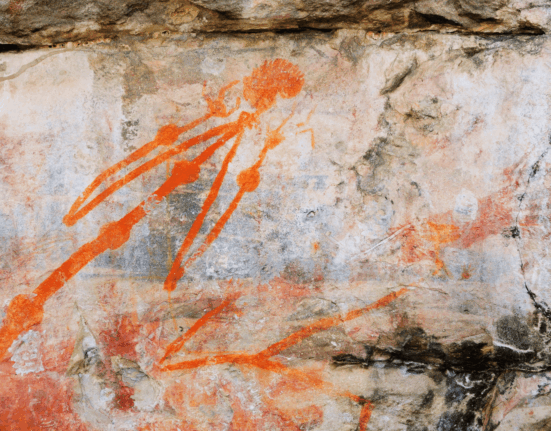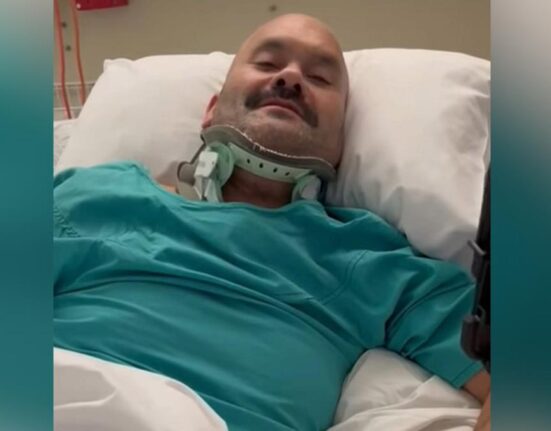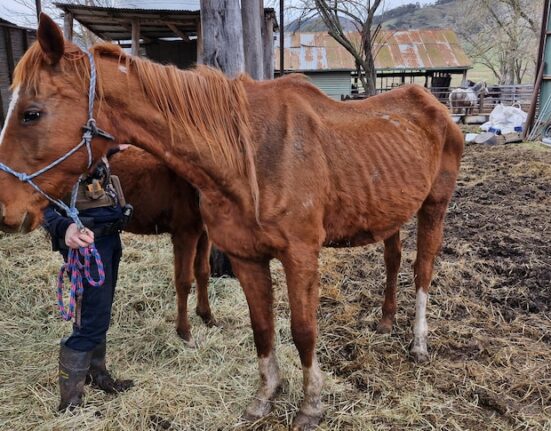In a bold move that has sent ripples across legal circles, the suspended Chief Justice of Ghana, Gertrude Torkornoo, has taken her grievances to the ECOWAS Community Court of Justice in Abuja, Nigeria. This unprecedented step marks a significant escalation in a saga that has captivated the nation and raised profound questions about human rights and the rule of law.
The Deputy Attorney General, Dr. Justice Srem Sai, recently confirmed the filing of the case against the Republic of Ghana by Chief Justice Torkornoo. The legal battle unfolding at the regional court underscores the complexity and intensity of the issues at stake, shedding light on the intersection of judicial independence, constitutional rights, and the intricacies of legal proceedings in a democratic society.
Amidst swirling allegations and mounting tensions, Chief Justice Torkornoo’s decision to pursue justice through the ECOWAS Court highlights her unwavering commitment to upholding the principles of justice and fairness. As the legal drama unfolds, observers and experts are closely monitoring the developments, recognizing the far-reaching implications of this unprecedented legal action.
Chief Justice Torkornoo’s decision to seek redress at the ECOWAS Court underscores the importance of independent judicial systems in safeguarding human rights and upholding the rule of law.
The case has sparked a national conversation about the delicate balance between executive authority and judicial independence, reigniting debates about the separation of powers and the role of the judiciary in a democratic society. Legal experts emphasize the need for transparency, accountability, and due process in addressing allegations of human rights abuses, underscoring the fundamental principles that underpin a functioning democracy.
As Chief Justice Torkornoo’s legal battle unfolds on the regional stage, it serves as a poignant reminder of the challenges and complexities inherent in navigating the legal landscape in an era marked by heightened scrutiny and accountability. The case not only sheds light on the specific circumstances surrounding her suspension but also raises broader questions about the state of governance, accountability, and the protection of fundamental rights in Ghana and beyond.
The unfolding legal saga involving Chief Justice Torkornoo underscores the critical role of independent judicial institutions in upholding the principles of democracy and protecting human rights.
Beyond the immediate implications for Chief Justice Torkornoo and the Ghanaian legal system, the case resonates with broader trends in the region and globally. It serves as a litmus test for the strength of democratic institutions and the resilience of legal frameworks in safeguarding the rights and freedoms of individuals in the face of adversity.
As the legal proceedings continue to unfold at the ECOWAS Court, the eyes of the nation are fixed on the outcome, awaiting a resolution that will not only shape the future of Chief Justice Torkornoo but also reverberate across the legal landscape of Ghana and beyond. The case stands as a testament to the enduring quest for justice, the resilience of the rule of law, and the unwavering commitment to upholding human rights in the face of adversity.
In a world where the principles of justice and accountability are constantly tested, Chief Justice Torkornoo’s decision to seek recourse at the ECOWAS Court serves as a beacon of hope and a powerful reminder of the enduring power of the law to uphold the rights and dignity of all individuals. As the legal battle continues to unfold, it underscores the indomitable spirit of those who stand firm in the pursuit of truth, justice, and the protection of fundamental rights.









Leave feedback about this